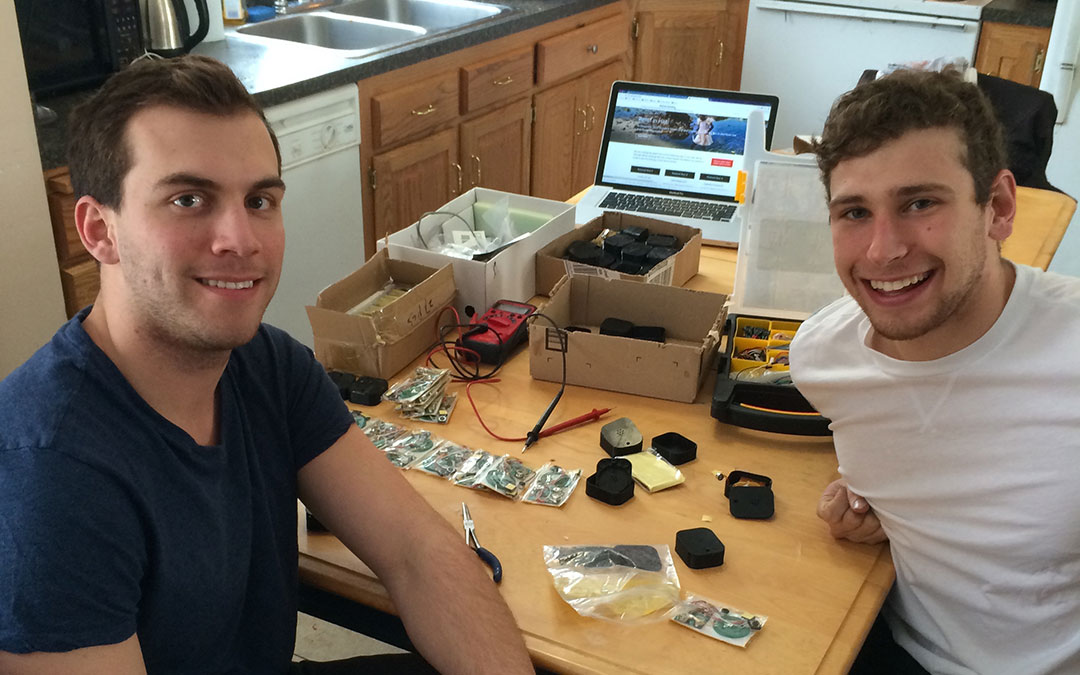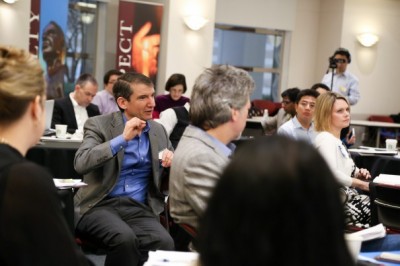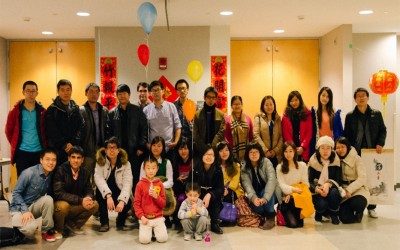Developing Leadership Skills Through Interdisciplinary Learning in a Culturally Diverse Environment
The Yale Global Pre-MBA Leadership program will develop your practical knowledge of business and management in a global context, and inspire you to draw upon your leadership abilities in order to make a positive impact in your personal and professional endeavors. It will introduce you to the impact of management education and give you the tools necessary to hone your individual leadership skills. This is a two-week program for recent graduates from cultural backgrounds under-represented in graduate management education; the Global Pre-MBA Leadership Program will help you learn more about global business while introducing you to the benefits of an MBA degree.
Leadership and Impact – The Global Pre-MBA Leadership Program grows out of Yale SOM’s mission to educate leaders for business and society. The program helps you build your leadership skills and capacity, so that you can build a successful career that has a positive impact on your community and the broader world.
Global Diversity – A central mission of the program is to expose students to global diversity. By meeting students from the United States and around the world, typically under-represented in management education, all participants will gain an understanding of the complexities within and between societies, a critical element of leadership in today’s flatter, but nonconvergent, world. One 2013 student commented, “One of the best parts of the program was the diversity and type of people in the classroom. I did not expect to get as close as I did to the many smart people selected to be in the program.”
Apply – The program will begin June 14. The application is available on the Global Pre-MBA Leadership website; apply by April 3.
Alumni Spotlight – Kimberly Foster ’13



